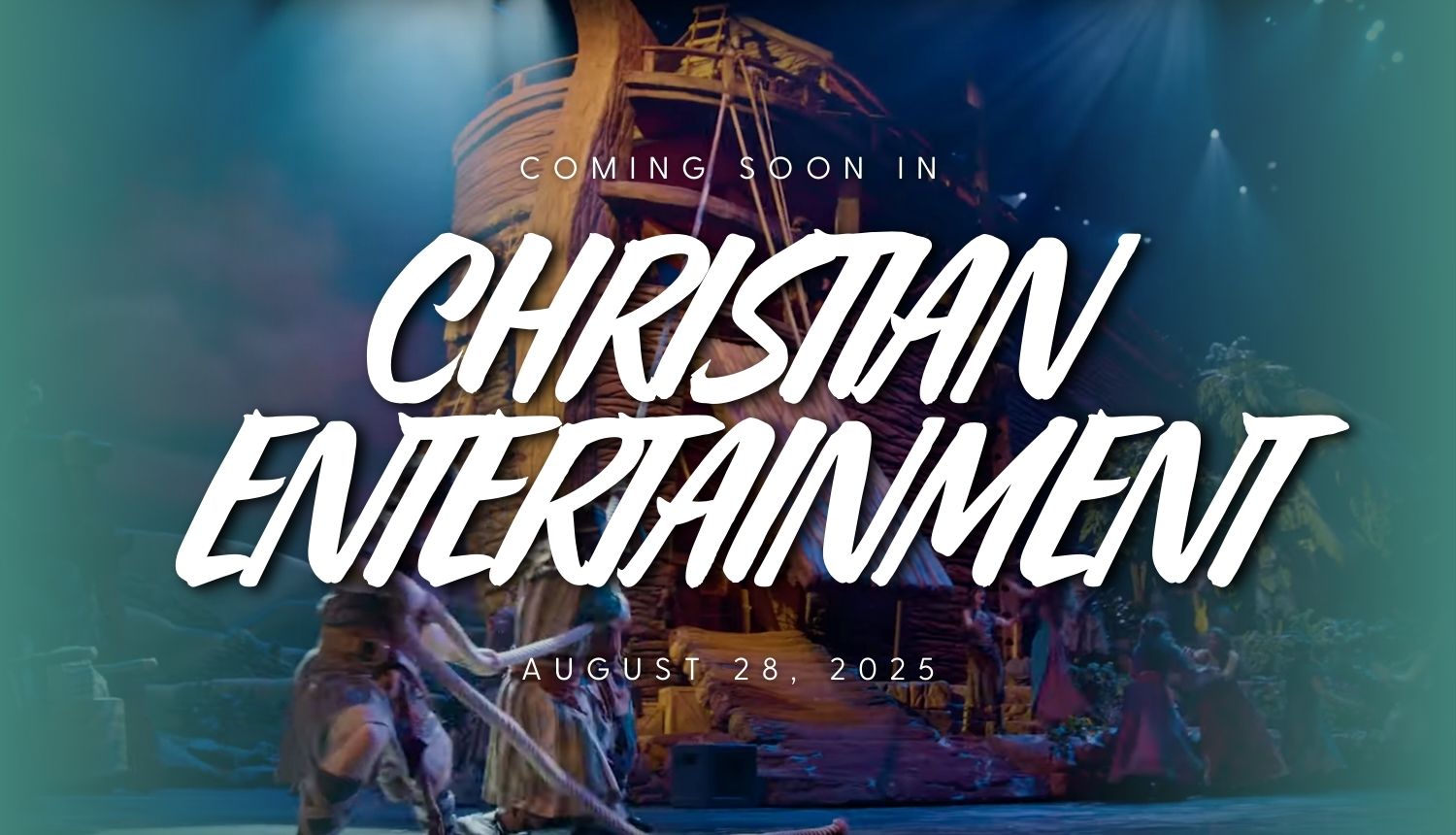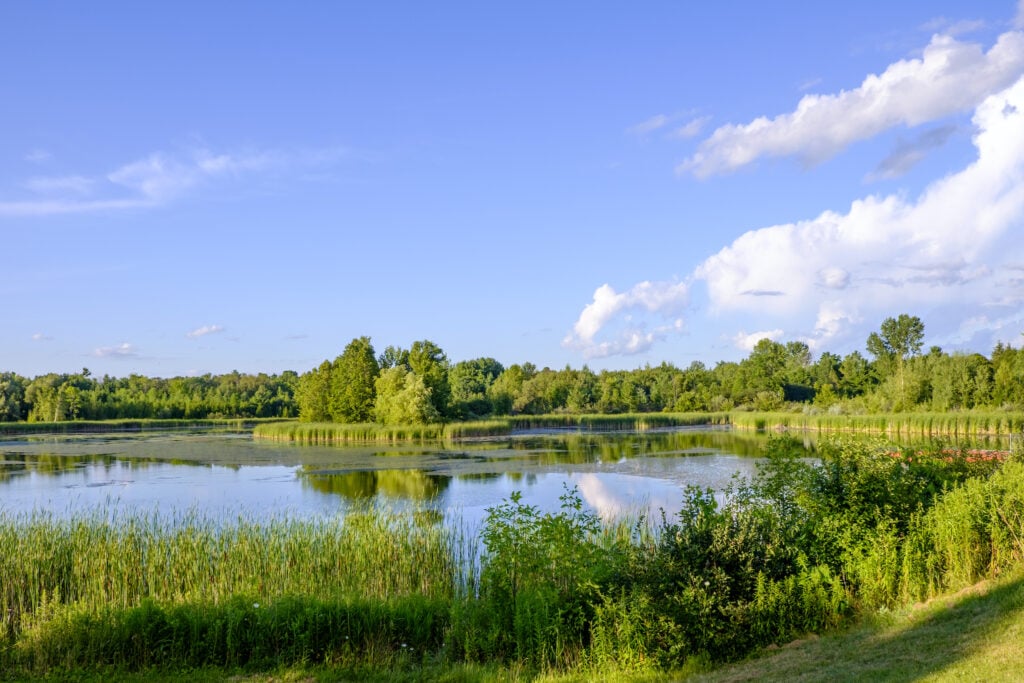Chad Houser opened Cafe Momentum in Downtown Dallas in 2015 with an impactful mission: to “spark positive change” in people’s lives by employing formerly incarcerated youth in the juvenile justice system and teaching them important life skills such as basic needs and resource navigation, conflict management, and financial literacy. To date, more than 1,000 kids have been involved in the program as paid interns, gaining an education in hospitality and discovering a career path through the employment opportunities provided by Cafe Momentum in Dallas, Atlanta, Pittsburgh, and Denver.
This year, Houser is the recipient of the James Beard Award for Humanitarian of the Year. Eater Dallas caught up with Houser ahead of the ceremony, held this year on Monday, June 16, to discuss how he heard he would be receiving the award — and how it feels to break the city’s 31-year losing streak at the Beards. He also discussed what’s next for Cafe Momentum.
Eater: How did you hear that you were getting this award?
Chad Houser: I knew several months back that I was nominated, which I thought was cute and harmless. Several weeks before the announcement, I got an update that I was one of the five finalists. I thought I must be the “common guy” finalist among four Jose Andrés equivalents. After that, two colleagues reached out to me within 30 seconds of each other, saying Dawn Padmore from the James Beard Foundation is trying to get hold of you. Our Dallas executive director, Margaret Reid Windham, said, “You won! You had to have won!” I was like, “Tap the brakes, friend. I’m sure it’s a courtesy call to say, ‘You were one of the finalists. Congratulations, you should be really proud.’” I would be exorbitantly proud. The fact that people at the James Beard Foundation know my name is beyond an honor. While I’m talking to Margaret, Dawn is calling me. When I answered, she said, “It is my honor to call you and tell you that you are the 2025 James Beard Humanitarian of the Year.” I started bawling like a crybaby. I was driving north on Interstate 75 out of Downtown to go to the Communities Foundation of Texas to record a video, because we were the $500,000 grant recipients for the new flagship that we’re building. So, I’m crying like a baby, and she’s laughing. Dawn said, “I’m sorry. Laughing is probably not the appropriate response.” I said, “No ma’am, it’s fine. I’m laughing, too. I’m crying and laughing.”
Being emotional feels like the right response.
I’ve been thinking a lot about it. Why was I so emotional? Some of it is because I miss my mom, who died in 2019, and she was my favorite human. Every day, I try to be half the person she was. As for me, I went into the Dallas County Juvenile Department in 2008 to visit and later volunteer, and it sent me on a journey. In 2010, I heard somebody say, “What are you going to do when the kids stab each other in the kitchen?” I would hear people say, “Those kids don’t want to work. They just want to collect a check.” Or, “Those kids have never been to a nice restaurant. They can’t cook your food.” We did 41 pop-up dinners from June 2011 to December 2014 at the best restaurants in Dallas. Our kids pulled off synchronized service at places like FT33. And yet, when we opened, people were shocked to find the food was good.
I remember a guy sending me a friend request on Facebook several months after we opened, and he posted a picture of a steak knife down by his calf that he captioned, “Shiv, just in case. Dining at Cafe Momentum.” I thought, Fuck you! I’m not going to be your friend. So, part of feeling emotional about this is that, for maybe the first time since I started working with kids 17 years ago, the narrative around them is changing. Acknowledgement from the James Beard Foundation is a sign that the country is, at a minimum, open to a new conversation about these young people, and, at a maximum, is ready to acknowledge that these are incredible people who deserve what they’ve been given.
:no_upscale()/cdn.vox-cdn.com/uploads/chorus_asset/file/26023022/20190613_CafeMomentum_ChadHouser.jpeg)
There has also been a conversation about race that has opened up since 2020, which impacts this issue, as well as the ongoing problem of recidivism. I think people believe in an idea that produces results, and your idea has proven itself.
I think the community has proven it. Our kids at Cafe Momentum don’t leave their neighborhoods. When they come to Cafe Momentum, they’re surrounded by people from all over the city, the Metroplex, and the state. For a population of young people who have been marginalized, stereotyped, and labeled for generations in the most egregious ways — to come here and feel loved, supported, included, and wanted might be the most empowering thing that happens in their lives. It’s palpable; it’s not data on a piece of paper. You watch a young person first working in the dining room, and they’re looking down; they don’t want to make eye contact. They have zero trust for anyone in the dining room — and they shouldn’t. That trust is earned over time. Then, you see them grow. Their back is straight, their chest is up, and they’re talking to people at the tables. That is special. I think more than just studying recidivism or data, you’re watching it happen, and that’s the way it needs to be.
Dallas is still segregated in a lot of ways. We were one of the last major Southern cities to desegregate schools, and there are still physical barriers between neighborhoods. It’s smart that you created this Downtown, because it isn’t too far for them to travel, and it doesn’t have a specific identity, unlike the Park Cities.
That is part of the conversation that happens at Cafe Momentum’s tables. People who live north of Downtown have absolutely no clue what exists south of Downtown. My dad lived with my wife and me for five years, and he was born in 1944 and graduated from a segregated school in Florida. I asked him, “Hey Dad, how many grocery stores do you think there are south of I-30 in Dallas?” And he said, “Maybe 100?” There are two. He couldn’t believe it. That is part of the learning that happens here. A byproduct of the restaurant is building proximity between communities and a safe space for our kids, which is important as well. I knew that we had to be more than a restaurant. Being just a restaurant was like putting a Band-Aid on a waterfall.
:no_upscale()/cdn.vox-cdn.com/uploads/chorus_asset/file/26023023/240610_STF_Cafe_Mo_Atlanta_GDAN_830900_1659.jpg)
What is the future for Cafe Momentum?
The idea of expanding Cafe Momentum was first entertained in 2018 or 2019, when we began hosting pop-up dinners around the country. When we launched a national team, I wanted one of our capabilities to be storytelling. I want our kids’ voices to be heard, and if they want to speak, we need to give them the platform. So, we built the marketing and communications capability from the get-go, and interestingly enough, that propelled us during the pandemic. We now have these relationships with the NFL, the Players’ Coalition, and so forth. Because we couldn’t go around the country doing pop-up dinners during COVID, we did them on Zoom with players from Women’s Professional Fastpitch softball, the WNBA, Major League Soccer, Major League Lacrosse, the NFL, and more. We would DoorDash our kids’ food, and the kids would talk about what they were eating and why, and it would turn into an open conversation. It showed the value of connectivity through storytelling. Coming out of the pandemic, we leaned into it, which is why we’ve served food at five of the last six Super Bowls. Our kids deserve to be heard, and they deserve a call to action to change the system that has impacted them. Our expansion isn’t just building new physical locations; it’s also having a conversation around changing the models for juvenile justice in our country. The dream was to have other people copy our model and replicate it, whether that be a juvenile justice department, a restaurant, or whatever. It is working. For the last three years, we’ve had two to three groups a month come and study our model.
:no_upscale()/cdn.vox-cdn.com/uploads/chorus_asset/file/26023026/2025.01.14_PPB_CAFEMOMENTUM_5329__1_.jpg)
What can you share about your new flagship that is being built in Dallas?
In Dallas, Cafe Momentum is in a former burger joint that we retrofitted into a program that also runs a restaurant. We’ve taken our learnings from Dallas and applied them to designs in Pittsburgh, Atlanta, and Denver, so we need to be thoughtful around the design of this place. While we were considering that, Peter Miller from the Meadows Foundation approached us and offered us the land. We have spent months working with architects and designers, thinking through human-centered and trauma-informed design. We were asking, how do we build a space that can welcome people from around the country to steal our model? To me, that’s the most effective way of scaling.
You are also breaking a streak in Dallas with this award. It will be the first Beard Award the city has won in 31 years, since Dean Fearing won the last one. How do you feel about that?
You’re joking.
Nope, totally serious.
I don’t know. The word I keep defaulting to is surreal. I feel not worthy. Overwhelmed. I thank the chefs and restaurants that graciously opened their doors to us on a Sunday night, the chefs who came in with their full staffs when their restaurants were closed to work alongside eight young men who were formerly incarcerated to execute a dinner that showed the city what our kids are capable of when allowed to walk in their greatness. I think those chefs own this award. I think over 1,300 children own this award. While I know I’m biased, I don’t know that we could have launched this anywhere other than Dallas. The way the city embraced Cafe Momentum is special, so I want to congratulate Dallas as a community. The first award we get in 31 years is one we can own as a city.
This interview has been edited and condensed for clarity.
















